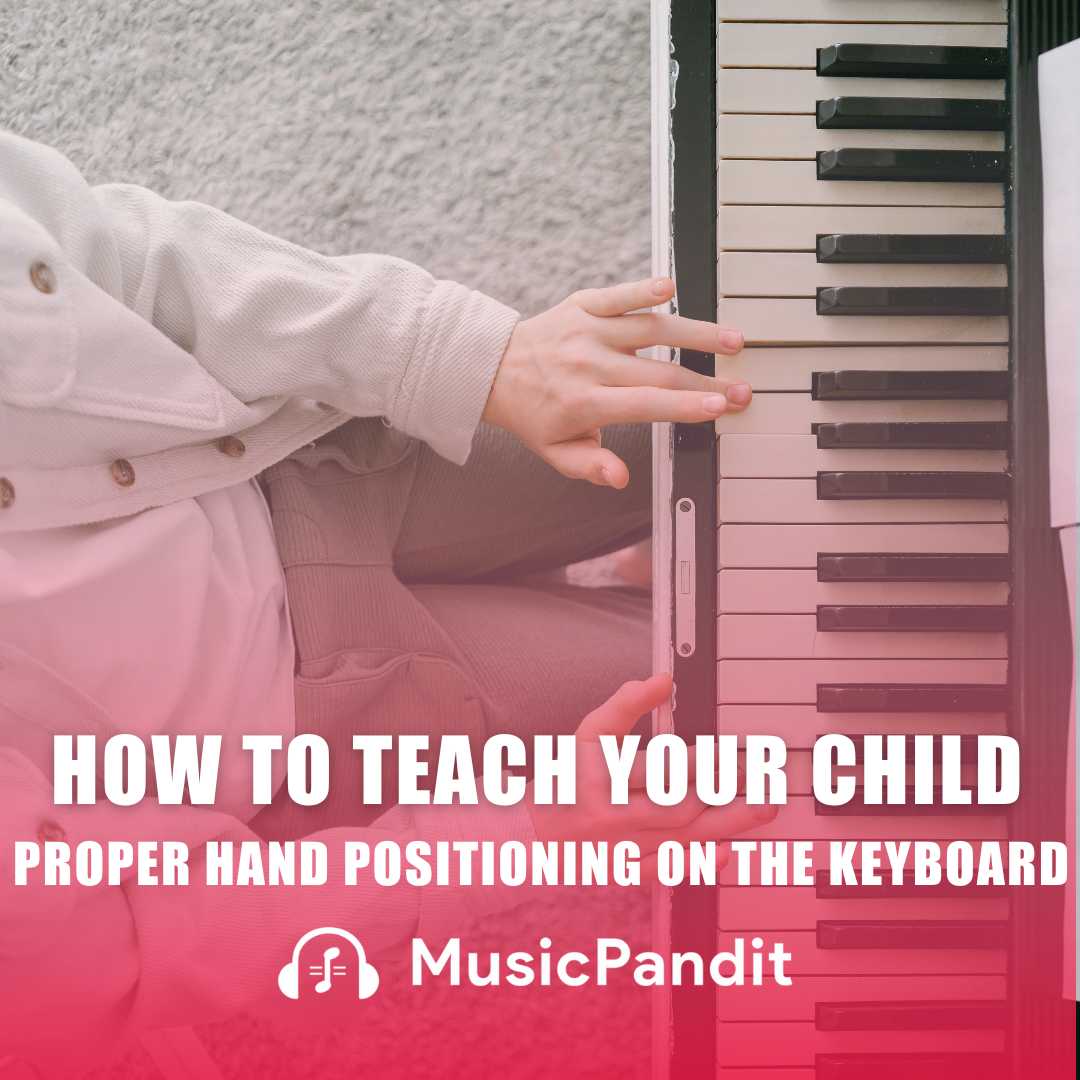Do you have a child that loves to sing? Well, we mean, a kid who is always singing to themselves around the house or likes others to sing along with them or they quickly learn the tune or melodies of a song. If this is the case, then your child is inherently musically talented. Besides, you should note that most of the musically gifted children tend to be always humming or singing tunes they might have heard before.
Nonetheless, are you a parent of such a child and still wondering if they have a natural singing ability? Actually, this is a very familiar scenario. It holds even more true if both the mom and dad aren’t musically inclined. So, how do you know whether your child has what it takes to be a singer? How do you know if you should enrol him/her for singing lessons? Are you or your child ready to make such a commitment?
More importantly, parents of such kids need to be absolutely certain that they are providing their child the right opportunity to encourage their natural ability. So, if you are a parent that is keen on empowering your kids, here are the different signs that you can check to confirm whether your child is musical and that they can become excellent singers in the future.
Signs of Singing Talent
What are the signs that show your child has singing talent? Let’s find out.
Natural Melodic Expression
Children who possess a singing talent often exhibit a natural inclination for melodic expression. This usually occurs from a young age. They may hum or sing tunes spontaneously, showcasing an inherent sense of rhythm and melody.
Mimicking Vocals
You should pay close attention to whether your child can accurately mimic vocals from songs they hear. If they are able to imitate vocal elements such as pitch and tone, it could be an early indicator of their ability to grasp and reproduce musical sounds.
Pitch Accuracy
One of the most important characteristics of children with singing talent is they tend to display a remarkable ability to hit the right notes. You will notice that your child can match their voice to different pitches even without formal training. This is a clear indication of their natural ability.
Enthusiasm for Music
If your child shows a genuine interest and love for music, this is a strong indicator of potential talent. If they get excited to listen to songs, attend musical events, or engage in music-related activities, or ask you to play songs all the time, it’s a positive sign.
Nurturing Your Child’s Singing Talent
Now that you know that your child is musically talented, what to do next?
Enrol in Music Classes
The first thing that you can consider is enrolling your child in formal music classes or vocal lessons. Most of the parents might not be musicians themselves so seeking professional guidance can be a good option. Music classes from experienced instructors will help your child build a stronger foundation, learn proper singing techniques, and develop their singing abilities further.
Encourage Vocal Exercises
With these singing classes your child will be exposed to different fun and engaging vocal exercises which are designed to help them explore and refine their vocal range. However, it is worthless if your child does not practise them. As a parent you need to encourage them to do these exercises during their practice sessions.
Provide Musical Exposure
The next thing you can do is expose your child to a variety of music including genres and artists. As you do this you will be exposing them to not only some new exciting stuff but it will help your children to broaden their musical horizons. This will help them stay inspired to experiment with different styles and techniques.
Create a Supportive Environment
This is a very important task for a parent. You should foster a supportive environment wherein your child feels comfortable expressing themselves through music. Additionally, you should give some positive reinforcement and give constructive feedback from time to time. These actions can go a long way in boosting your child’s confidence level.
Transitioning from Talent to Skill
For this we have to say, while talent is a great starting point, turning it into a real skill requires dedication and many hours of practice. You should be involved in your child’s learning and encourage them to consistently practise singing. Remember, regular practice is key to honing their abilities.
You along with the music instructor should also be in close communication with each other. Talk about your child’s progress and discuss whether your child needs to improve anything. Try to be actively involved and take interest in their classes. You might also learn a few things about singing along the way.
Conclusion
With these points you should be able to easily identify your child’s singing talent. It basically involves closely observing their natural inclination for singing elements like melody, pitch accuracy, and enthusiasm for music. However, nurturing this talent also requires providing exposure, guidance, and a supportive atmosphere. You have to remember that transforming talent into a skill takes time, patience, and effort.
In any case, by recognizing and fostering your child’s musical gift, you can help them embark on a wonderful journey of self-expression and artistic growth. So, why wait? Start discovering and nurturing your child’s singing talent today! You can check out our Online Western Vocal Class for kids and help them develop the right skills and techniques of singing.














